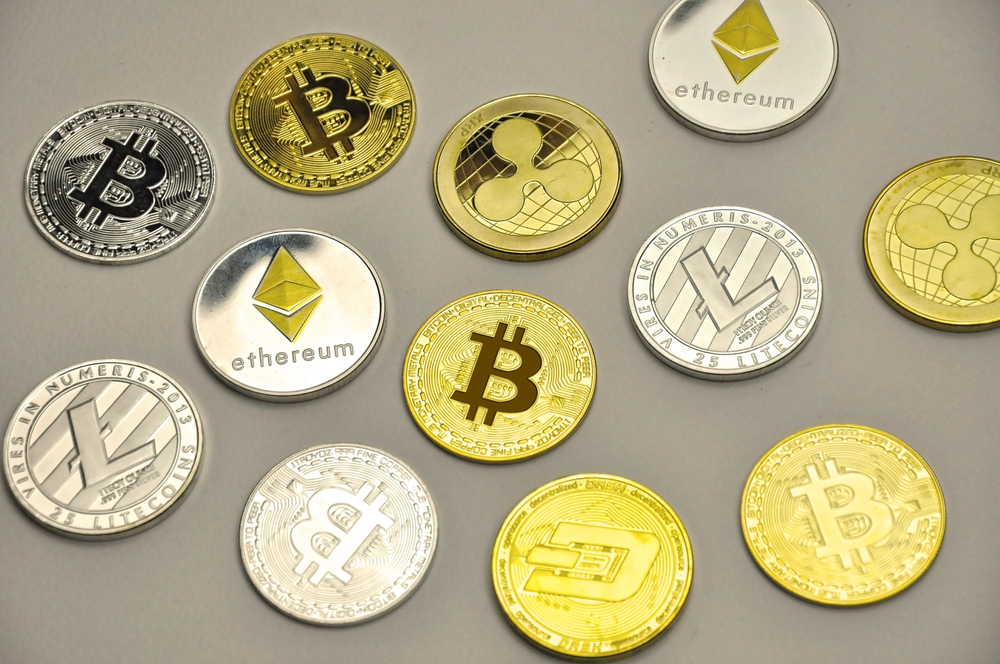Current information shows that Alameda Research transferred three tokens valued at over $2.6 million to a cold wallet containing $89 million in assets. The wallet, identified by blockchain analytics company Nansen as owned by Alameda Research, has attempted to transfer the funds.
Following the bankruptcy claim of the FTX Group, these transactions are just the latest illogical transfers made by wallets owned by Alameda Research. Alameda Research transferred $36 million on Saturday, including $1 million in Render tokens, $5 million in SushiBar tokens, and $31 million in BitDAO (BIT) tokens.
Alameda purchased around 100 million tokens of BitDAO’s native token last year. BitDAO is an organization founded last year by Bybit (a fast-rising crypto exchange) with backing from Peter Thiel-led Founders Fund, Pantera Capital, and Dragonfly Capital.
Alameda used FTT to buy BIT’s tokens, and as part of their deal, the companies promised that none of each other’s tokens would be sold until November 2024. However, after BIT crashed by 20% earlier this month, BitDAO told Alameda to prove that it had not liquidated the tokens.
The wallet to which Alameda transferred funds from its other accounts now contains the 100 million BIT tokens, which serves as proof for ByBit.
Funding Alameda’s Trades With FTX’s Users’ Funds
FTX’s sister company, Alameda, is a quantitative trading firm founded around 2017 by SBF and Aulay Tara-Mac. Bankman-Fried launched FTX in 2019 but did not leave the day-to-day operations of Alameda Research until July 2021.
Meanwhile, Sam Trabucco and Caroline Ellison were appointed co-CEOs at that time. Trabucco retired in August. He stated on Twitter his inability to continue “justifying the time investment of being the lifeblood of Alameda.”
Alameda Research relied on borrowed assets from FTX clients for its trade activities, despite Bankman-Fried’s claims that they were separate organizations. As of Monday morning, $32 million in Tether and $31 million in BIT made up the bulk of funds in Alameda’s new wallet.
On Tuesday, the company tried to add $1.7M in ETH from separate wallets, but the transfers weren’t successful as the wallet’s funds were insufficient to pay for the necessary transaction fee, otherwise known as the gas fee.
